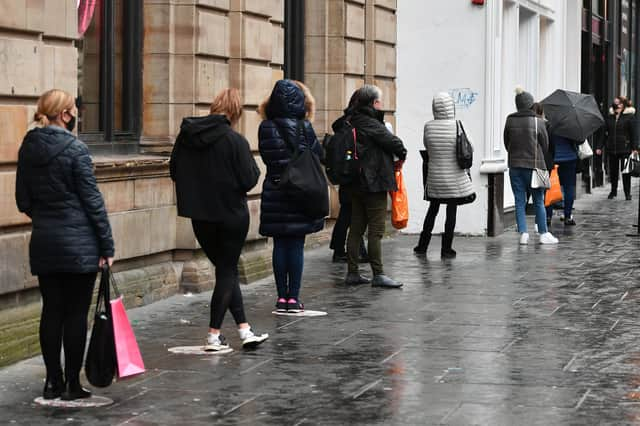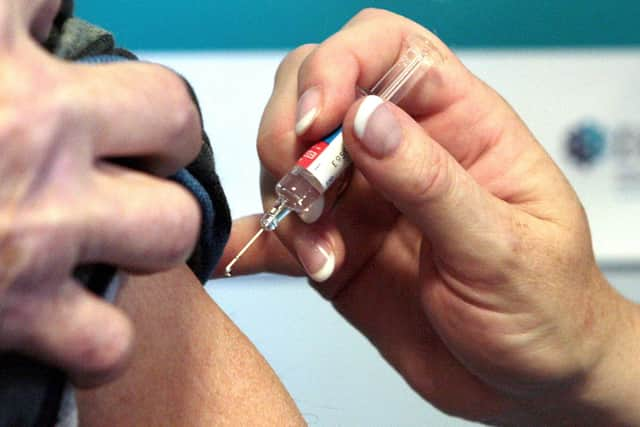Covid: Questions about the virus and vaccines reveal the uncertain nature of true science – Professor Eleanor Riley


As we try to understand the Covid-19 pandemic, we have a never-ending stream of questions and we are turning to scientists as well as to our governments for answers. And, in seeking answers, we are really pleading for certainty – and the scientists are often rather reluctant to oblige.
For scientists, the notion of certainty is problematic. We are trained to live with, even to embrace, uncertainty; to ask questions for which there are no known answers, to query the evidence and to look for flaws in it, to assume that nothing is happening (the “null” hypothesis) and to gather evidence to confirm or refute that null hypothesis.
Advertisement
Hide AdAdvertisement
Hide AdOur experiments are not, or should not, be designed to prove ourselves right but to prove ourselves wrong. We gather data in order to put a limit around the extent of our uncertainty, not to identify certainties.
Shrinking the limits of uncertainty
As we collect more and more data, the limits of our uncertainty shrink; we become less uncertain. But, crucially, we do not easily become more certain.
After millennia of observation, and with nothing bar Armageddon that can stop it, we are certain that the sun will rise tomorrow and at exactly what time.


But, while the regular commuter might be more certain than the day-tripper of how late the 8.25 to Glasgow Central might be, neither can be certain when it will leave tomorrow. In other words, our levels of certainty depend on our prior experience; the more experience we have the more certain we tend to be.
So, scientists are frequently reluctant to give definitive answers to apparently simple questions about Covid-19 because we just don’t have enough experience. We are not being coy or awkward, we are not being deliberately unhelpful.
Covid-19 is caused by a virus we were blissfully unaware of until 10 months ago, and there are so many other unknowns.
Three big questions
Will the second wave be over by Christmas? It depends on whether the government has made the right decisions to contain the virus (without knowing exactly what those right decisions are), whether we accept their reasoning for why these decisions are necessary and, thus, how many of us stick to the rules.
If I have had Covid-19, am I immune to a second infection? It depends on how quickly the virus evolves (thankfully quite slowly at present), how effective your own immune response to the virus was the first time round, and whether you have any underlying health issues that might make your immune response less durable.
Advertisement
Hide AdAdvertisement
Hide AdWhen will Covid-19 vaccines allow us “to get back to something like normal”? It depends on whether the vaccines work in the most vulnerable members of the population, how long the immunity lasts, whether the vaccine reduces transmission, and how quickly the virus mutates.
As an immunologist, I am not really qualified to answer the first question, although my very strong sense is “no”. But my best guess for the other two is “yes” and “mid-to-late 2021”, although I am far from certain.
Eleanor Riley is professor of immunology and infectious disease at the University of Edinburgh
A message from the Editor:
Thank you for reading this article. We're more reliant on your support than ever as the shift in consumer habits brought about by coronavirus impacts our advertisers.
If you haven't already, please consider supporting our trusted, fact-checked journalism by taking out a digital subscription.
Comments
Want to join the conversation? Please or to comment on this article.